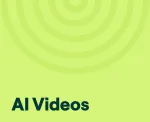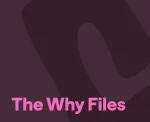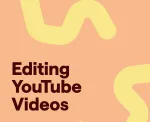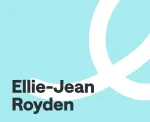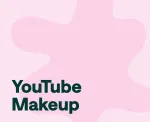
10 Best Makeup YouTube Channels to Follow in 2025
The beauty world never stands still, and neither do the top makeup creators on YouTube. From groundbreaking tutorials to brutally honest product reviews, these creators keep millions of viewers inspired, entertained, and up-to-date with the latest trends.
Whether you want to perfect a flawless base, dive into experimental looks, or

